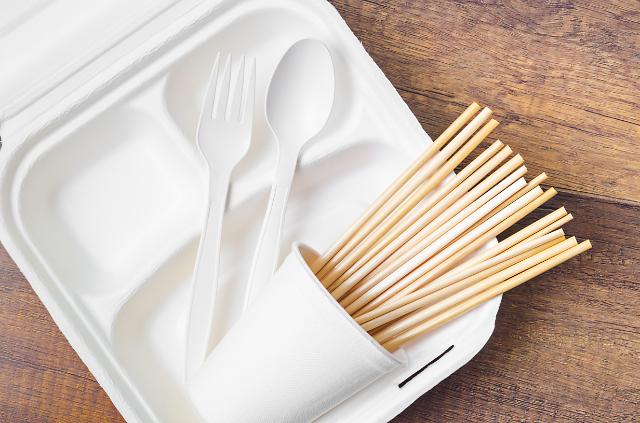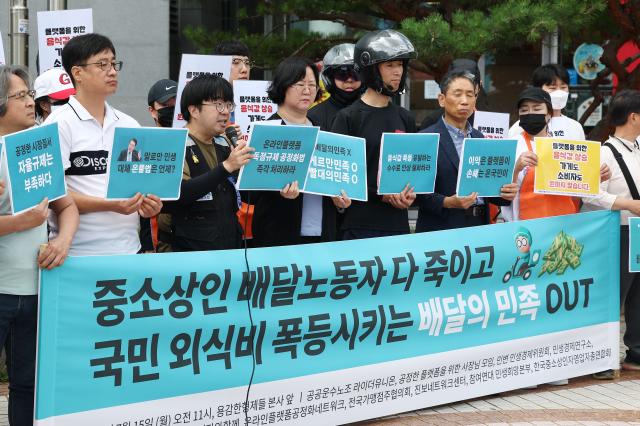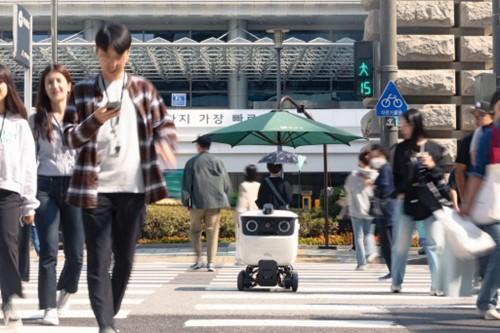
[Gettyimages Bank]
South Korea's food delivery market is growing rapidly due to a prolonged coronavirus pandemic. About 20 trillion won ($16.8 billion) worth of transactions were made through food delivery apps in 2020. According to Seoul, about 54 million disposable containers were used for delivery per month in 2021.
Seoul said in a statement on October 6 that the city will team up with Delivery Hero Korea, the operator of Yogiyo, the Korea Franchise Association and Itgreen, a company specializing in the distribution and collection of reusable food containers, to demonstrate a three-month project designed to encourage delivery restaurants and customers use reusable containers and utensils. Delivery Hero Korea will create a special section in Yogiyo where customers can choose to receive their orders packed inside reusable food containers while the Korea Franchise Association encourages local restaurants to participate in the green project. Itgreen will provide reusable containers to restaurants and resupply them after collecting and cleaning.
Seoul will operate the pilot project for three months starting on October 7. About 100 popular delivery restaurants in the southern district of Gangnam, South Korea's center of finance and fashion trends, will participate in the project. Users can choose and order food from participating restaurants through Yogiyo and food will be delivered in reusable packages. used containers will be put in a bag and left outside the door of customers' homes or offices. An extra fee of 500 won ($0.42) will be charged if a customer chooses to receive food in reusable containers.
"This service will attract customers who find it hard to get rid of leftovers after eating delivered food. Customers can just leave leftover food inside reusable containers and deliverymen will take care of it," Seoul official Kim Jae-kwon told Aju Business Daily. As a long-term plan, Seoul plans to reduce the monthly usage of some 54 million disposable containers by having all Seoul restaurants adopt reusable containers.
"Regarding the current situation in which non-face-to-face consumption has become a new trend due to the spread of COVID-19, it is important for various organizations and companies to cooperate to reduce the usage of disposable products in food delivery service sectors," Yoo Yeon-sik, head of Seoul's climate environment division, was quoted as saying.
Copyright ⓒ Aju Press All rights reserved.





View more comments